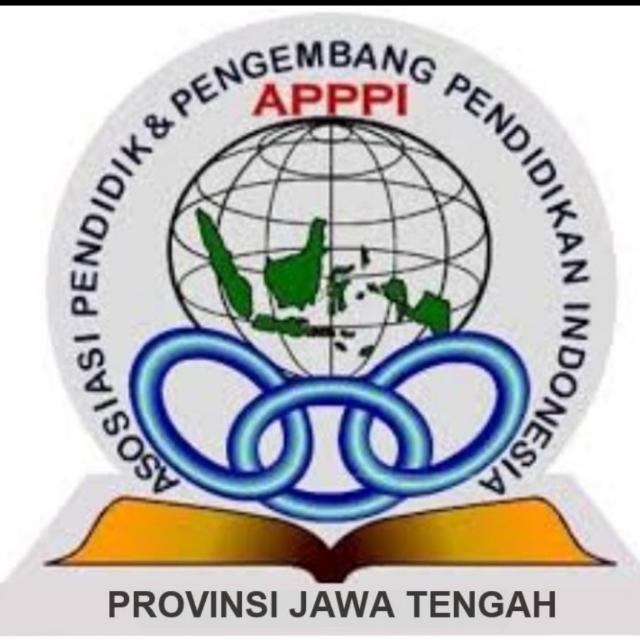Keefektifan Model Project Based Learning Berbantu Media Replika Sistem Pencernaan Manusia Terhadap High Order Thinking Skills Siswa Kelas V SD Negeri 1 Ngasem Jepara
DOI:
https://doi.org/10.58204/pe.v1i2.35Kata Kunci:
project based learning, replica media, high order thinking skillsAbstrak
The background that prompted this research was students' high-level thinking skills which were low in science subjects. This is because the learning process is still teacher-centered so that students are less active when learning takes place and the model used by the teacher is not effective and does not use learning media. This study aims to find out how effective the Project Based Learning model is with the help of Replica Media of the Human Digestive System on High Order Thinking Skills for fifth grade students at SD Negeri 1 Ngasem. This research is a quantitative study using a Pre-Experimental Design and the type of type used is the One-Group Pretest-Posttest Design. The population in this study were 25 students of class V SD Negeri 1 Ngasem. The sampling technique taken is non-probability sampling, namely saturated sampling. Data collection techniques in this study were tests, observation and documentation. The results showed that the percentage of posttest classical learning completeness reached 84% with an average posttest score of 74.96 and an average pretest score of 51.2. For the calculation of the t-test for one sample between the pretest and posttest value data, a tcount of 12.37307 is obtained and a ttable of 2.06. Thus, Ho is rejected and Ha is accepted, meaning that the Project Based Learning learning model assisted by replica media of the human digestive system is effective against High Order Thinking Skills for fifth grade students at SD Negeri Ngasem.
Referensi
Hung, P. H., dkk. (2014). A Problem-based Ubiquitous Learning Approach to Improving the Questioning Abilities of Elementary School Students. Educational Technology & Society, 17(4), 316-334.
Joyce, B., Weil, M. & Calhoun, E. (2016). Models of Teaching. Penerjemah Pancasari. Yogyakarta: Pustaka Pelajar.
Karyanti, L., Purnamasari, I., Hadi, H. (2017). Keefektifan Model Problem Based Learning Berbantu Media Kliping Untuk Mengembangkan Keterampilan Berpikir Kritis Siswa Kelas IV SD Negeri Tlogosari Kulon 05 Semarang. Seminar Nasional PGSD, 1757-1770.
M. Y. S. W., Y. R. (2019). Penerapan Model Problem Based Learning terhadap Hasil Belajar Kognitif Pemecahan Masalah Matematika. TSCJ, 2(1), 19-26.
Pratama, R. N., Subekti, E. E., M. Y. S. W. (2021). Analisis Kesulitan Belajar Matematika Pada Soal HOTS Materi Bilangan Bulat Siswa Kelas IV SDN 1 Gunungsari. Jurnal Pendidikan Guru Sekolah Dasar, V(1), 89-101.
Siregar, E. & Nara, H. (2014). Teori Belajar dan Pembelajaran. Bogor: Ghalia Indonesia.
Stivers, J. (2010). Project Based Learning: A dynamic approach to teaching in which students explore real-world probelms and challenges, simultaneously developing 21st Century Skills While working in small collaborative groups. Tersedia: https://www.fsmilitary.org/pdf/Project_Based_Learning.pdf
Sudjana, N. & Rivai, A. (2007). Media Pengajaran. Bandung: Sinar Baru.
Wilson, L.O. (2014). Models of Teaching. (Online). Tersedia: http://the secondprinciple.com/teaching-essensials/models-of-teaching/. 22 Oktober 2017.
Yusmanto, H. (2017). Meningkatkan Higher Order Thinking Skills (HOTS) dan Hasil Belajar IPS Melalui Penerapan Model Pembelajaran Kooperatif Corousel Feedback dan Round Table (Studi Pada SMPS Islam Terpadu Darul Azhar Kabupaten Aceh Tenggara). Tesis. Malang: Pascasarjana UM.
##submission.downloads##
Diterbitkan
Cara Mengutip
Terbitan
Bagian
Lisensi
Hak Cipta (c) 2023 Pena Edukasia

Artikel ini berlisensiCreative Commons Attribution-ShareAlike 4.0 International License.









